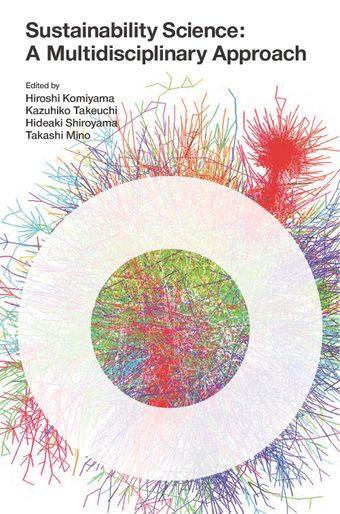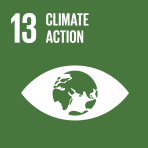- Home
- Books
- Sustainability Science
- Chapter
Defining the sustainable use of fishery resources

- Authors: Gakushi Ishimura and Megan Bailey
- Main Title: Sustainability Science , pp 294-304
- Publication Date: October 2013
- DOI: https://doi.org/10.18356/8f503b00-en
- Language: English
Sustainable use of a fishery resource is an important goal for many management agencies worldwide. Sustainability in world capture fisheries can provide two major benefits to society, namely food and income security from both direct (harvesting) and indirect (for example, processing) industries associated with fishing activities. Through both wild capture fisheries and aquaculture, fish offer a major source of protein to much of the world’s population and can impart substantial economic returns, either in the short term, or in the long term if managed in a sustainable manner. The scientific evidence today, however, indicates failures in the sustainable use and management of fisheries resources, with researchers predicting a 90 per cent removal of predatory fish (Myers and Worm, 2003) and warning that shortfalls in the supply of fish could have devastating consequences for human populations. What we see today are many fisheries suffering from too many boats fishing too few fish (Pauly et al., 2002), resulting in fewer catches globally and even full stock collapses. Although a limited number of these collapses may have been caused or exacerbated by natural phenomena (for example, climate variability), human activities and overfishing – essentially non-sustainable management – are the primary culprits (Pauly et al., 2002).
© United Nations
ISBN (PDF):
9789210563260
Book DOI:
https://doi.org/10.18356/6ababf78-en
Related Subject(s):
Environment and Climate Change
Sustainable Development Goals:
-
From This Site
/content/books/9789210563260s006-c004dcterms_title,dcterms_subject,pub_keyword-contentType:Journal -contentType:Contributor -contentType:Concept -contentType:Institution105
/content/books/9789210563260s006-c004
dcterms_title,dcterms_subject,pub_keyword
-contentType:Journal -contentType:Contributor -contentType:Concept -contentType:Institution
10
5


